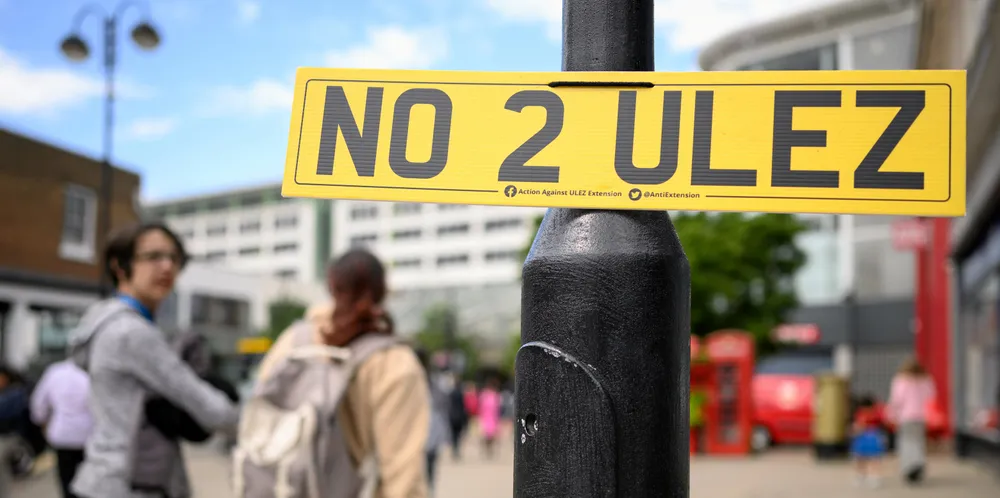From the North Sea to west London, it's been a grim week for green Britain
OPINION | As a developer gets cold feet over offshore wind and the people of London come out against anti-pollution measures, the UK's clean energy ambitions had a rough few days
